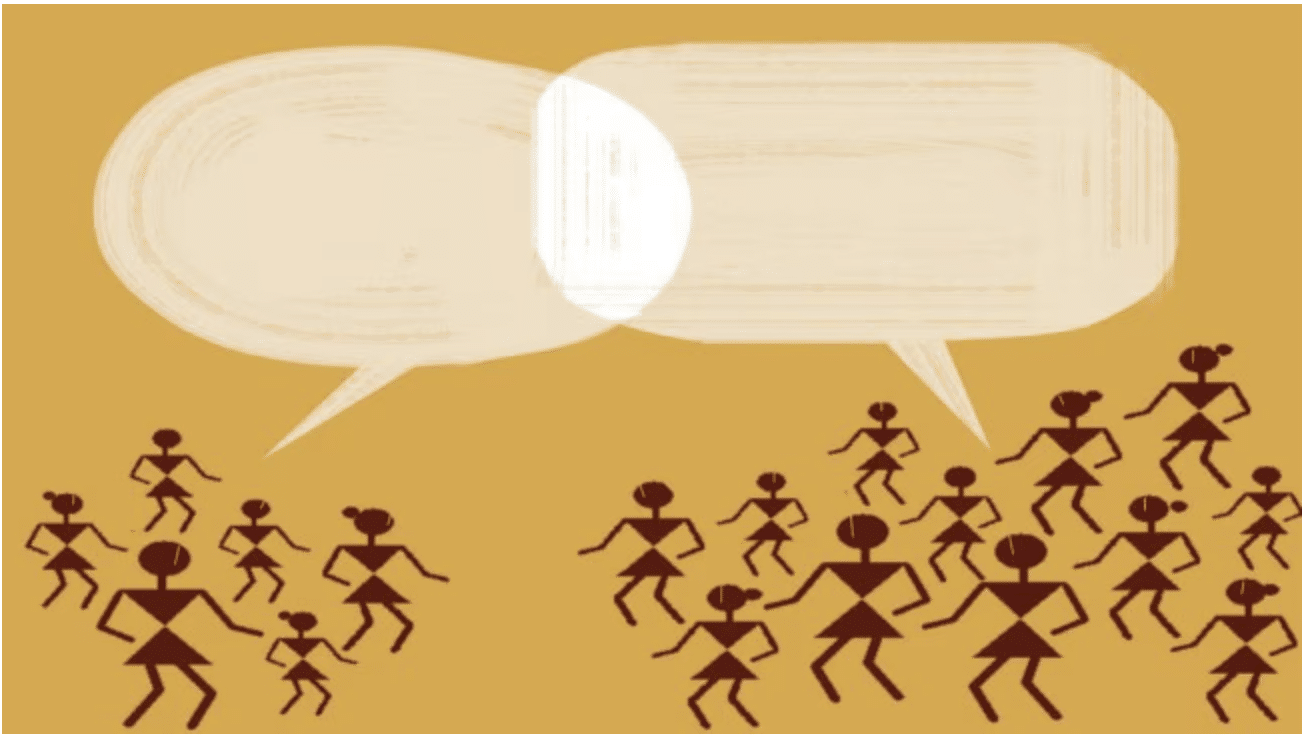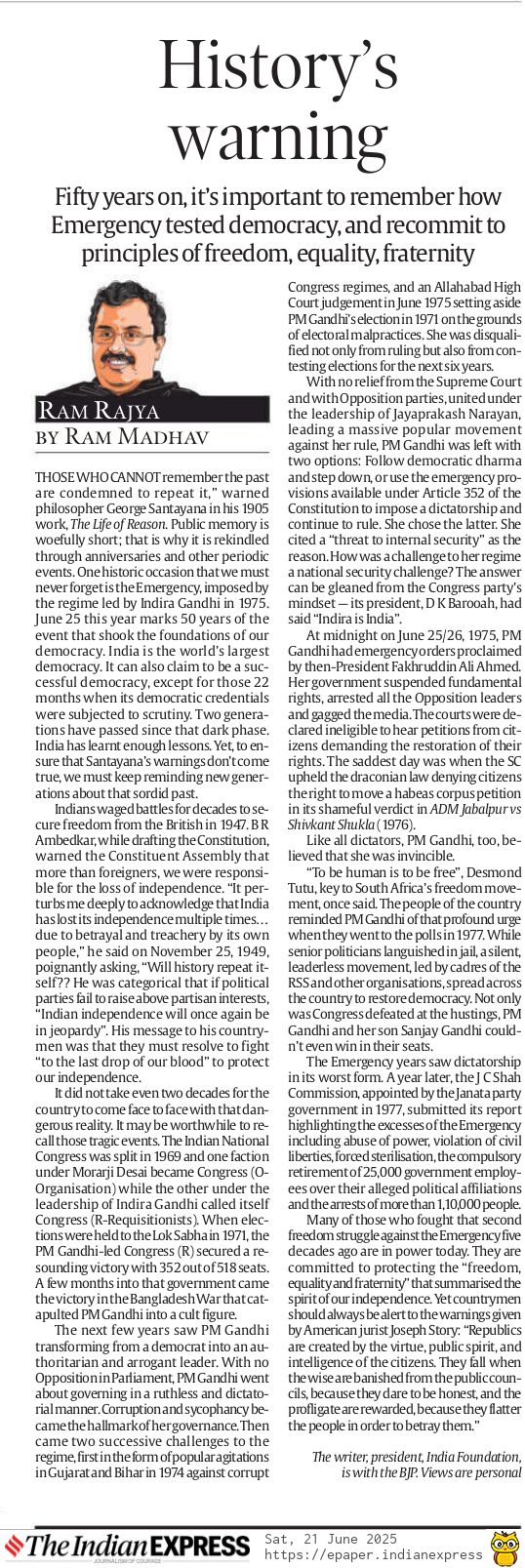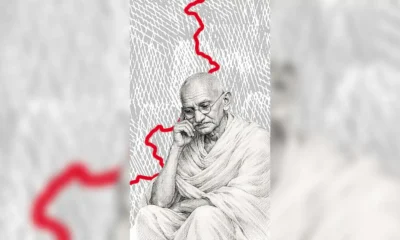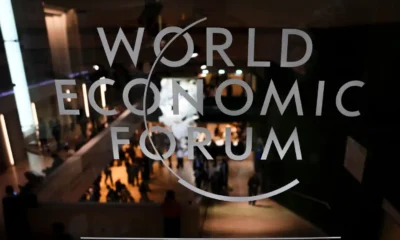
|
Getting your Trinity Audio player ready...
|
(The article was originally published in Indian Express on June 21, 2025 as a part of Dr Madhav’s column titled ‘Ram Rajya’. Views expressed are personal.)
“Those who cannot remember the past are condemned to repeat it” warned philosopher George Santayana in his 1905 work ‘The Life of Reason’. Public memory is woefully short. That is why historic memories are rekindled through anniversaries and other periodic events. One such historic occasion that we must never forget is the infamous emergency, imposed by the regime led by Indira Gandhi in 1975. June 25 this year marks 50 years of that tragic event, which shook the very foundations of our democracy. India is the world’s largest democracy. It can also claim to be a successful democracy, except for those 22 months when its democratic credentials were subjected to serious scrutiny. Two generations have passed since the coming and going of that dark phase in our independent history. Country has learnt enough lessons. Yet, to ensure that Santayana’s warnings don’t come true, we must keep reminding our generations about that sordid past.
Indians waged decades of battles to secure freedom from the British in 1947. Dr B R Ambedkar, while drafting the constitution of free India, warned the Constituent Assembly that more than the foreigners, we ourselves were responsible for the loss of independence. “It pains me deeply to acknowledge that India has lost its independence multiple times, and that too due to betrayal and treachery by its own people”, he said on November 25, 1949, poignantly asking “Will history repeat itself?” He was categorical that if the political parties fail to raise above partisan interests “Indian independence will once again be in jeopardy”. His message to the countrymen was that they must resolve to fight “to the last drop of our blood” to protect our independence.
It did not take even two decades for the country to come face to face with that dangerous reality, not because of any external aggression, but because of the “betrayal and treachery” of our “own people”. For those unaware of the history of emergency it may be worthwhile to recall those tragic events. The Indian National Congress was split in 1969 and one faction under Morarji Desai became Congress (O-Organisation) while the other under the leadership of Indira Gandhi called itself Congress (R-Requisitionists). When elections were held to Lok Sabha in 1971, Indira led Congress (R) secured a resounding victory winning 352 out of 518 seats. A few months into the government came the victory in Bangladesh War in December 1971 that catapulted Indira into a cult figure.
Next few years saw Indira Gandhi transforming from a democrat into an authoritarian and arrogant leader. With no Opposition in the parliament, Indira went about governing in a ruthless and dictatorial manner. Slowly, corruption and sycophancy became the hallmark of her governance. Then came two successive challenges to the regime, first in the form of popular agitations in Gujarat and Bihar in 1974 against corrupt Congress regimes, followed by a judgement of the Allahabad High Court in June 1975 setting aside Indira’s election in 1971 on the grounds of electoral malpractices. Indira was disqualified not only to rule but also to contest elections for next six years.
With no relief coming her way from the Supreme Court and the opposition parties, united under the leadership of a veteran freedom fighter Jaya Prakash Narayan, mobilizing massive popular movement against her rule, Indira was left with two options – one, to follow democratic dharma and step down, and two, use the emergency provisions available under Article 352 of the Indian Constitution to impose a draconian dictatorship and continue to rule. Indira chose the latter. She cited “threat to internal security” as the alibi. How is a challenge to Indira’s regime a national security challenge? D K Baruah, president of Congress answered saying “Indira is India”.
At midnight on June 25/26, 1975, Indira got emergency orders proclaimed by a plaint president Fakruddin Ali Ahmed. Using additional powers available under Articles 358 and 359, Indira’s government suspended fundamental rights, arrested all the opposition leaders and gagged media freedom. Even the courts were declared ineligible to hear petitions from the citizens demanding restoration of their rights. Saddest day came when the Supreme Court upheld the draconian law denying citizens even the right to move a habeas corpus petition in its shameful verdict in ADM Jabalpur vs Shivakant Shukla case on April 28, 1976.
Like all dictators, Indira too believed that she was invincible.
“To be human is to be free”, Archbishop Desmand Tutu, who played a pivotal role in South Africa’s freedom movement, once said philosophically. People of the country reminded that profound urge to Indira when she went to polls in March 1977. While senior politicians languished in jails, a silent leaderless movement, led by cadres of the RSS and some other organizations, spread across the country at the grassroots to challenge the dictatorship and restore democracy. Not only was the Congress Party defeated at the hustings, but even Indira and her son Sanjay Gandhi couldn’t win in their respective seats.
The emergency years saw dictatorship in its worst form. Js J C Shah Commission, appointed by the Janata Party government in 1977, submitted its report on the gory details about emergency excesses a year later in 1978. In a stinging indictment of emergency, the report highlighted excesses like abuse of power, violation of civil liberties, forced sterilizations, compulsory retirement of 25,000 government employees because of their alleged political affiliations and arrests of more than 1,10,000 people.
Many of those who fought that second freedom struggle (or the third) against the draconian emergency five decades ago are in power today. They are zealously committed to protecting “freedom, equality and fraternity” that summarized the spirit of our independence. Yet, the countrymen should always be alert to the warnings given by renowned American jurist Joseph Story: “Republics are created by the virtue, public spirit, and intelligence of the citizens. They fall, when the wise are banished from the public councils, because they dare to be honest, and the profligate are rewarded, because they flatter the people in order to betray them”.




